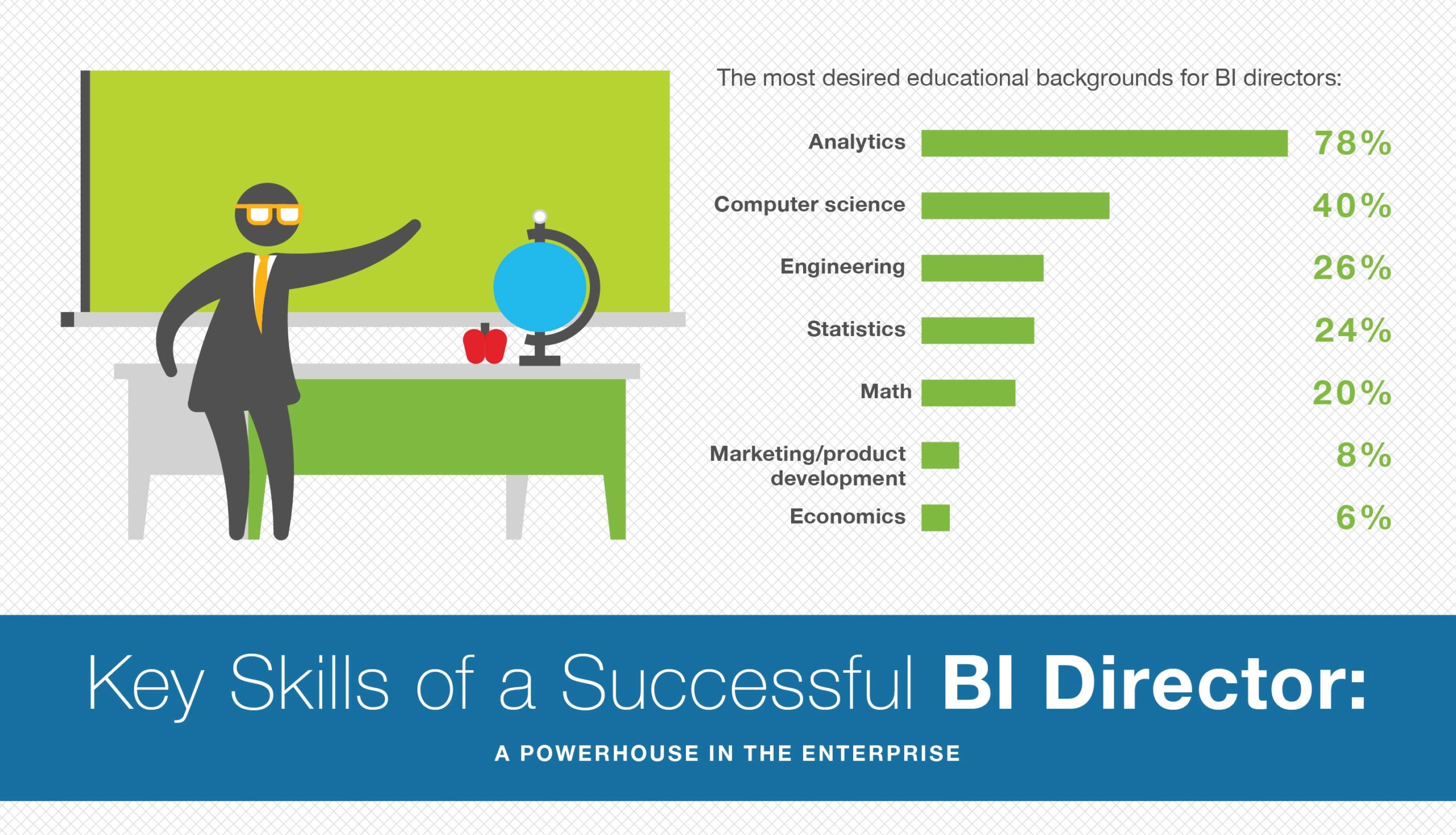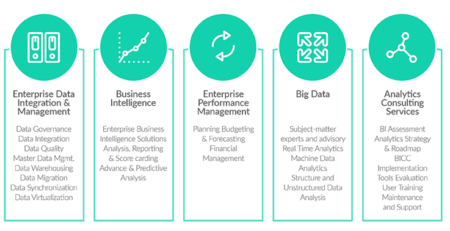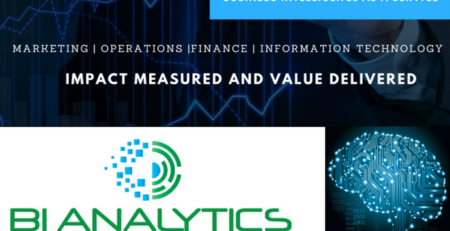Business Intelligence: Expertise Matrix
Organizations attempting to implement enterprise BI Solutions should begin around resource capabilities. Success factors I’ve experienced start with aligning the right fundamental knowledge areas to the role in the organization. Explaining each knowledge area and correlating them to BI roles within an organization helps determine where you should focus when evaluating talent or further learning. The matrix tries to quantify each correlation as “Helpful” Useful” or “Essential” in the order of importance.
Leadership and Management is a key success factor for BI programs and projects, with a strong focus on effectively integrating people, processes, and technology to deliver business value. The field requires depth of process knowledge including development methodology, program management, and project management, as well as organizational and team-building skills. An understanding of business topics such as business performance management (BPM), customer relationship management (CRM), and supply chain management (SCM) is also needed. A high-level technical understanding of BI applications and data warehousing concepts is also part of the Leadership and Management body of knowledge.
Business Analytics focuses on the effective use of data and information to drive positive business actions. The body of knowledge for this area includes both business and technical topics: concepts of performance management, definition and delivery of business metrics, data visualization, and deployment and use of technology solutions such as OLAP, dashboards, scorecards, analytic applications, and data mining.
Data Analysis and Design provides the foundation for delivery of BI applications. Analysis concentrates on understanding business needs for data and information. Design focuses on translating business information needs into data structures that are adaptable, extensible, and sustainable. Core skills include information needs analysis, specification of business metrics, and data modeling. A solid understanding of data warehousing concepts, architectures, and processes is also essential.
Data Integration is fundamental to data warehousing and is a vital process for a rich and robust data resource to deliver BI solutions. Integration includes all of the activities necessary to acquire data from sources, and to transform and cleanse the data. The body of knowledge includes concepts and skills for source data analysis and source qualification, data profiling, source/target mapping, data cleansing and transformation, and ETL development.


